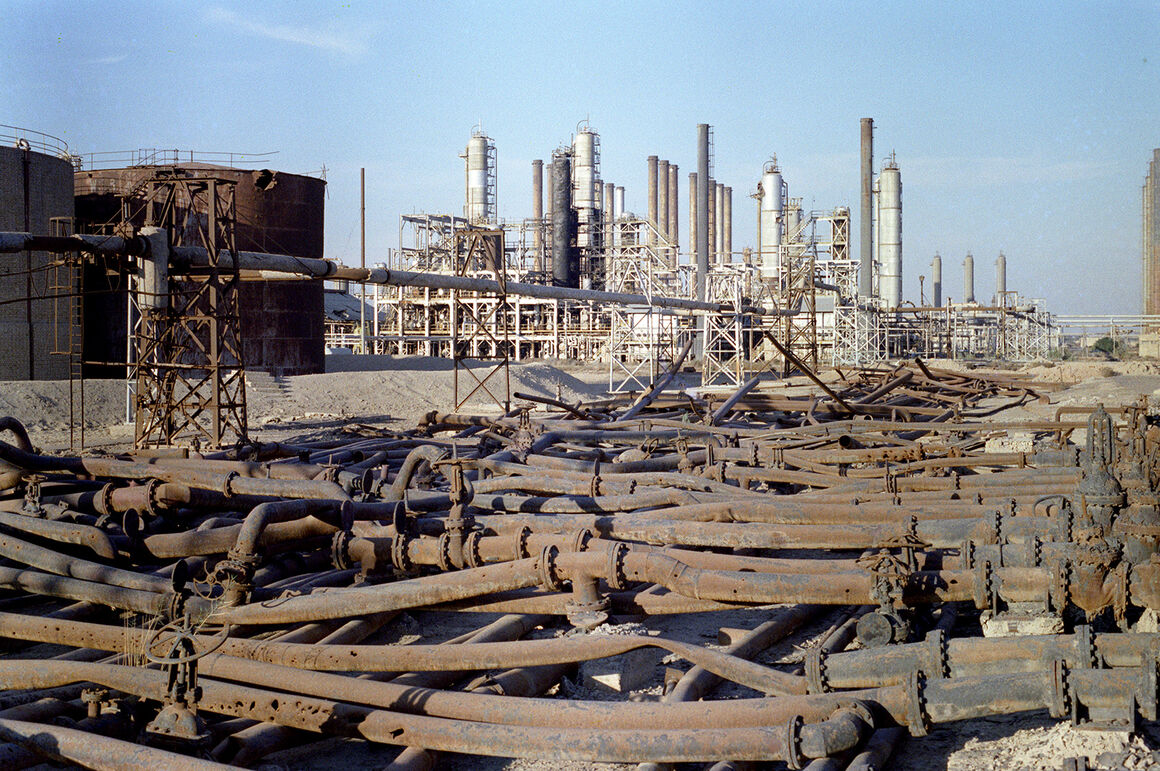Russia in Lieu of Saudi
Since the start of the Ukraine war, Russian oil export to Asian customers has grown significantly. In such a way, Russian oil exports to India increased from almost zero in January to 310,000 b/d in March, and oil sales to China increased by about 70,000 barrels to 790,000 barrels in this month. At the same time, oil sales to Europe decreased by 420,000 b/d. Based on this, it could be argued that until now most of the Russian oil has overflowed into Asian markets while there is no buyer. This has caused some of the traditional suppliers of oil to Asian countries to face a downward trend in their exports. One of the most important countries that suffered in this regard is Saudi Arabia. Saudi Arabia has cut crude oil shipments to at least five refineries in North Asia, most of them Chinese, for July, according to news reports. This decrease is directly related to the supply of cheaper Russian crude oil to Asian countries.
Of course, the reduction of Saudi oil exports volume to China does not mean that the energy of this country will remain without customers. Because the Europeans, who tend to reduce energy imports from Russia and have even put this country under embargo, now look more than before to Saudi Arabia as one of the most important suppliers of their oil. However, the Saudis do not have much desire to increase production and more or less welcome the lack of supply on world markets. Because this could cause hike in prices, which in itself is a blessing for the Saudi economy.
Moreover, the Saudi Aramco increased the official selling price of its light oil over recent weeks. Saudi Arabia increased the price of its oil for sale to Asia by $2.10 compared to June, which was much higher than expected. Saudi Arabia's move pushed global oil prices beyond $120 per barrel and raised fears of a supply shortage amid peak demand in the northern hemisphere, the lifting of COVID-19 restrictions in China and continued instability over Russian oil supplies.
Future Changes
Over the past decades, Saudi Arabia has played a role as a reliable source of energy for the West, but now the world conditions are different compared to previous years. If the war between Russia and Ukraine continues or European countries move towards reducing energy imports from Russia, then they will have to think about other sources for their oil supply. However, Saudi Arabia has become reluctant to act as a gas station for America and European countries in historical situations. In fact, Riyadh intends to make the most of the opportunity created at the international level. The Saudis are well aware of the West's bottlenecks in the energy field, and they want to increase the oil price in order to gain a significant economic benefit, and in political and human rights issues, they want to keep America and Europe's eyes closed on their internal issues. Therefore, they look at the war in Ukraine as a great opportunity and use the leverage of energy against the West.
On the other hand, Russia sees China and East Asia as a significant economic opportunity in the field of energy. The Russians know very well that the future of the world economy will be determined in East Asia. Therefore, the European market is not as important for Russians as it used to be. In exporting energy to East Asia, Moscow not only thinks about economic benefit, but also thinks that the dependence of countries such as China, Japan, South Korea and India on Russian energy could act as an effective political lever in the future. Therefore, it is unlikely that even if the war in Ukraine ends, the Russians will change the strategy of developing energy exports to East Asia.
Among consumers, countries such as China, Japan, South Korea and India are satisfied with the current equation in the markets. Because in a situation where the energy price in the world market is increasing, they can buy Russian oil at a lower price. Given that the two elements of price and transmission cost have always been decisive in energy transactions, therefore, customers are always looking to buy oil at the best price and transmit it through the safest route. Certainly, for Asian customers, Russian oil has all these features. Because Western embargo against Moscow will force Russia to sell its oil at a lower price and at the same time guarantee its arrival at the destination.
Based on this, it seems that the war in Ukraine has initiated new equations in the field of energy, the consequences of which will be seen in the future. One of the most important consequences could be the displacement of traditional sellers and buyers of oil. In the future, Russia will supply more oil to the Asian markets, and Saudi Arabia will turn its attention to the West. Of course, provided that the United States and European countries accept MBS’ demands regarding political issues and human rights violations in Saudi Arabia, a scenario which is not far from expected.
By Shuaib Bahman
Courtesy of Iran Petroleum


Your Comment